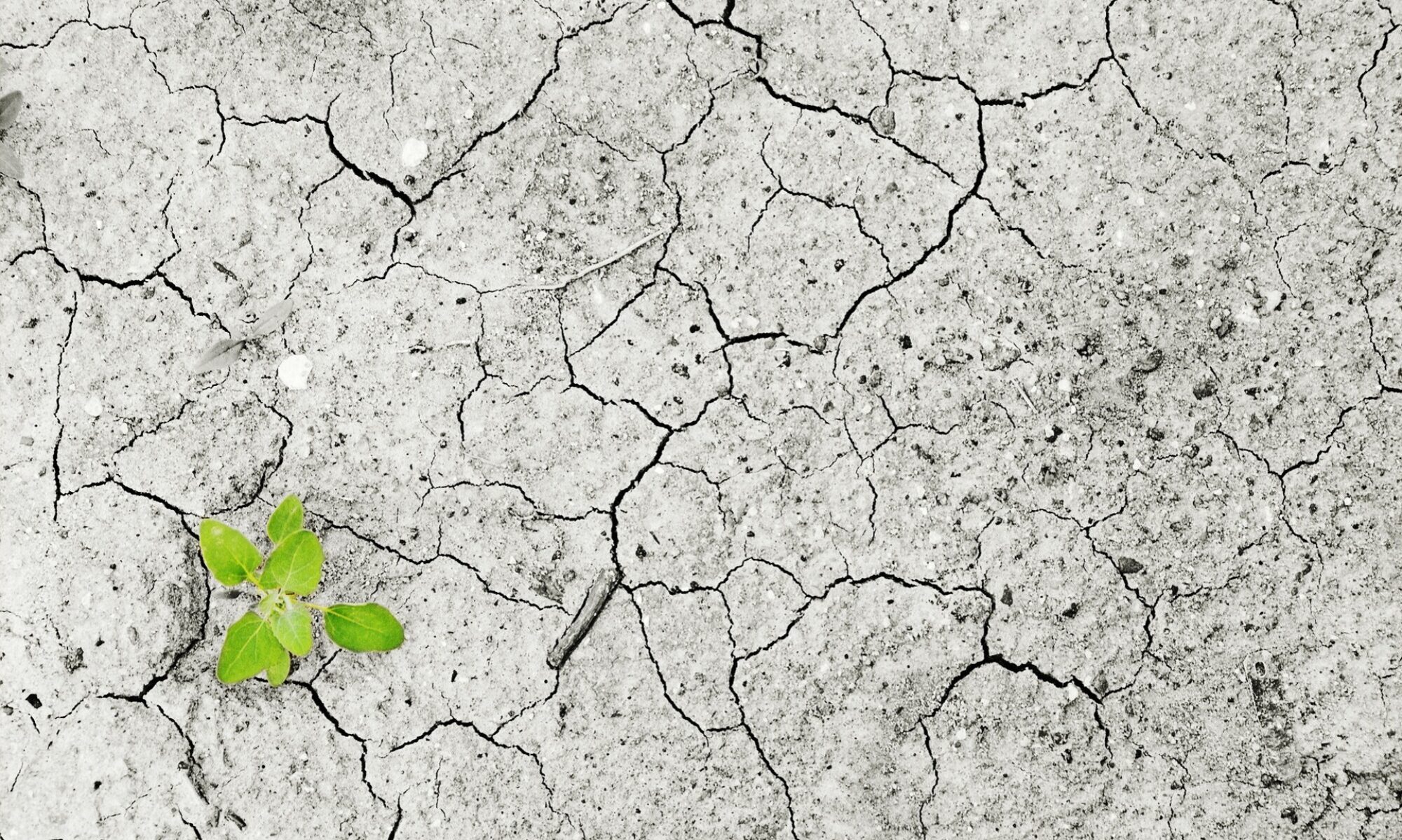13 November 2023 – by Earth Refuge Correspondent Freya Mutimer
In this interview, correspondent Freya Mutimer and Fionn Ferreira from Ireland talk about his experiences as a young inventor, chemistry student and climate activist. They discuss the terrible consequences of micro-plastic pollution and the innovative ways that he proposes to solve this crisis. Fionn also expresses his passion for encouraging young inventors as a way to fight the climate crisis.
“I wanted to find out, how much plastic is there? Do we have a lot of microplastics in our environment? And when I started looking into this, I realized that there is a lot of plastic in the waters and somebody has to do something about it. That’s why I thought: Well, what if I just do something?”












